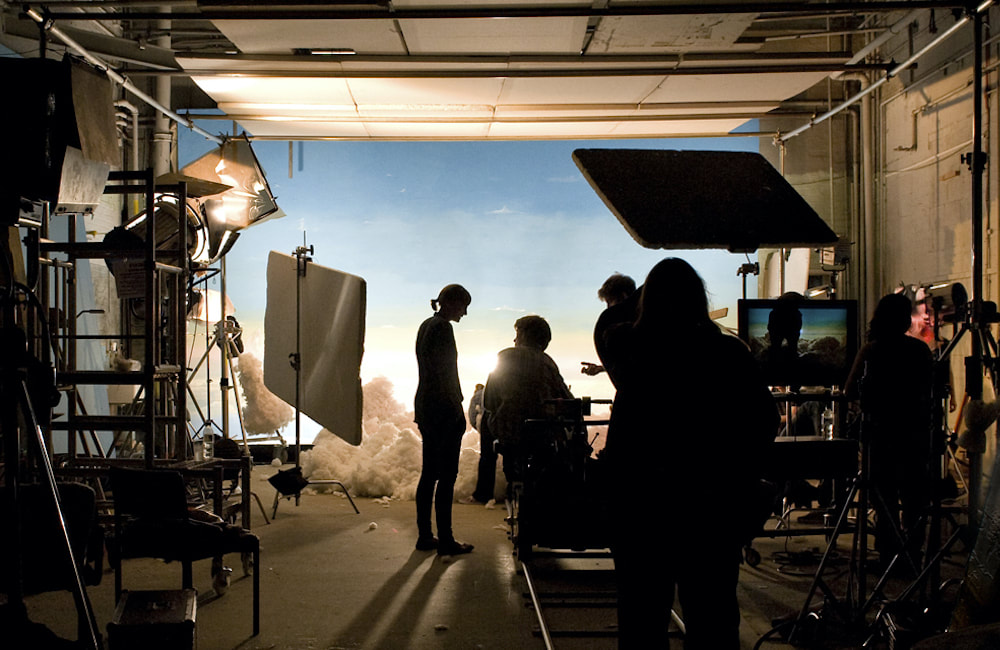|
This day and age, there’s a lot to consider when spending a hard-earned tenner. Maybe three meal deals? Maybe some cigarettes? Or perhaps a crafty cinema ticket? Sometimes it’s hard to justify a standard cinema trip for a whole family at forty-odd pounds when you can get a brand-new, replay-able DVD for a quarter of that. So, in a nutshell, when we spend our cash at the cinema, where does our money go? Let’s go back to basics… you google the film you want to watch; you find the right time and theatre and then you slap your tenner down at the box office – who gets that money? A lot of people think the movie theatre keeps at least 50% of it right? That isn’t strictly true at all. Basically, most of the money that a cinema takes from ticket sales goes back to the movie studio as the theatre leases the film for a month or so. If we take a standard look at a film’s timeline during its theatre stay, in the first couple of weeks of release, the cinema itself only gets to keep about 20% – 25% of the income. So, if you go to see Tenet in August for £10, the cinema will keep between £2 – £2.50 of the money in the first week. That isn’t a lot of dosh, but it can get even worse as the percentage can vary from movie to movie depending on the leasing deal. With week two and three, the percentage can get up to as high as 45 – 55% for the cinemas to keep. If a film stays for a fourth week and beyond, it can be anywhere as near as 80% of the box office receipts. This is a much better percentage, but how many films in these current times stay in cinemas for a selection of times per day from week four onwards? Also, how many people are in the theatre with you? About seven people? At best. So how do cinemas make up for the shortfalls? Yep, you guessed it… the concessions. Go to Tesco or Asda and buy a bag of popcorn for £1 maybe? At a cinema, it starts at around £5 for a small one. This is where a cinema makes its money. It’s not great for the cinemagoer, but the box office isn’t going to keep the theatre’s doors open. On top of this, your £10 for your film ticket goes even further than just in those four walls. The cost of movies is not getting any cheaper either; and the production studios know this hence why weeks one to three have such small margins for the theatres. Avengers: Endgame cost nearly $356 million to make, and that is just for the one instalment. How many Marvel films have we had in the last decade? Building on that point, when you read the Hollywood rich lists that seem to be released monthly at the moment, the salaries of some talent are insane - The Rock reportedly got paid £20 million up front for filming Jumanji 2. Now we aren’t saying people shouldn’t earn their pennies, but is that not a bit over the top for Dwayne Johnson? Both the aforementioned points are raised to justify the £10 you spend. Now whether you think the cinema experience for watching the latest DC Comics movie is worth it, just think where your pennies are actually going. To have a film cost £300 million to make is barmy to be honest, and the pace of costs is far outpacing the requisite inflation. But remember, there is a secret caveat to your tenner too. You’re not only paying to see the latest big budget movie from a production company, you’re also paying for their flops that don’t turn a profit either.
This feature is just food for thought and poses a question of ‘where will it end?’. We have our thoughts, but it is ultimately up to the cinemagoer. The prices will continue to go up to see a film in the cinema with the budgets ever increasing, but there’s three obstacles that could be pop up. First is streaming services offering better value, second is new technology that could be a cheaper alternative to shoot on and thirdly, will DVDs/downloads be so much cheaper in the future that a ‘new film’ is worth the wait? It feels like a crossroads is coming, and maybe this pandemic could bring some perspective with how fragile the world, the arts and even peoples’ job securities are. We hope it just doesn’t get too much out of control. Leave a Reply. |
Past
|




12/7/2020
0 Comments